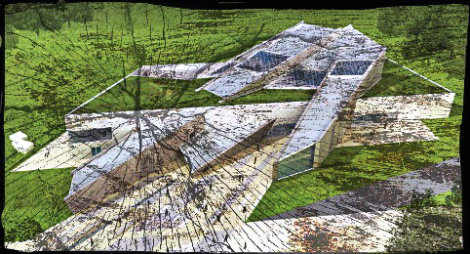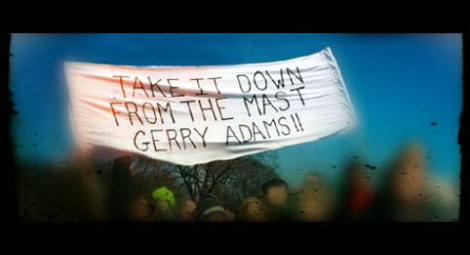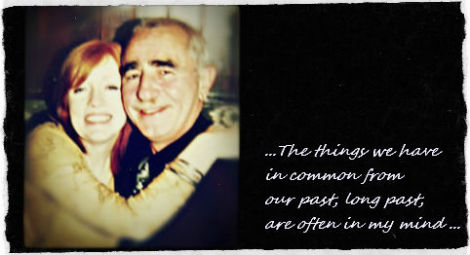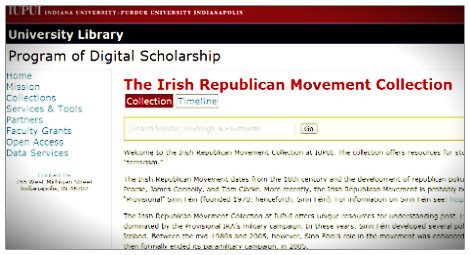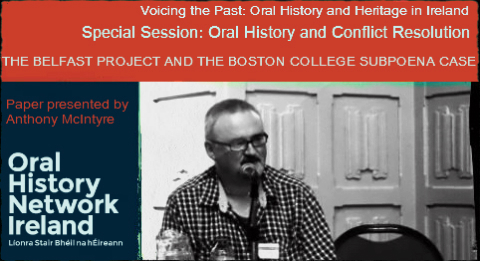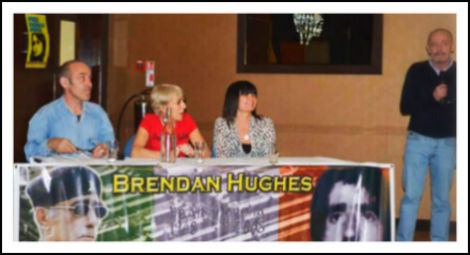When Cahal Daly died in the closing days of last year I felt a formless sense of something. It was not emptiness, just something indefinable. While unable to put my finger on the nebulous sensation, it was related to the fact that one of the fellow passengers who had travelled with us on the not so good ship conflict, had finally disembarked. For long enough it seemed that wherever we went Cahal Daly went too, although for entirely different reasons; ours for armed activity, his for admonishment of such actions.
While having no time for Catholicism, its myths and rituals, I have been struck positively over the years by certain figures within the Catholic Church structure who for one reason or another made me sit up and take notice. Denis Faul was one, Des Wilson another. There were Tom O Fiaich and Raymond Murray as well. Such was my respect for Denis Faul that at the time of his funeral I wrote I felt we had come to bury an old comrade. Denis was not an old comrade in the truest sense of the word but he proved himself more loyal to the prisoners than many who technically could call themselves comrades. Cahal Daly did not fit into any mould that would allow me to describe him in terms comparable to Denis. Yet there was something about him that roused my curiosity.
It was many years ago that I met Cahal Daly for the first and only time. It was around 1984 or ’85 and he was on a visit to the H Blocks of Long Kesh. The prisoners assembled in the canteen circled around him as he took his seat to discuss matters with us. Then the Catholic Church was in much healthier shape than it was today. Certainly, not morally better as there were so many child rapists within its ranks who were sodomising their way to hell on a handcart. They just had not been exposed to the same degree of scrutiny that exists today. That lack of public awareness of the crimes of the Church combined with outrage gave Cathal Daly a status and authority today’s bishops certainly do not have.
At the time of his visit to the prison Cahal Daly had a well established reputation as the leading church critic of the IRA. Many of us despised him, although sans good reason, because of it. He was erudite and could make his case very strongly, always able to sound emphatic without spitting out his words. A doctor of divinity who had also lectured in scholastic philosophy his philosophical bent made him an engaging conversationalist and the most formidable of intellectual adversaries for those inclined to take him on. Such was his influence that it has been suggested that he wrote the pope’s 1979 Drogheda speech which was widely interpreted as a strong rebuke for the IRA from the Vatican boss.
Moreover, he seemed not to bring the arrogance of his colleagues to the table. There is not much that I can recall from our exchanges other than his insistence that the British presence we wished to expunge through military means was nothing other than the Protestants of the North. He assured us that our task was unachievable. Only once was there a flash of anger from him and it was when someone either cited or referred to a unionist politician who was promoting himself as the champion of the unionist downtrodden. Cahal Daly with considerable passion informed us that the man was a bigot. Great, we thought, that can go to the press. The IRA leadership in the jail however, made it clear that whatever was said was on the basis of Chatham House Rules. The story stayed where it was.
I found him a puzzling man. Around September 1976 while bishop of Ardagh and Clonmacnoise, he had commented that the Provisional IRA leaders were honourable men. Coming from a prominent leader of what a 1973 edition of Republican News termed a nest of ecclesiastical vipers this seemed to be a remarkably generous statement although it seemed not to have been repeated. Needless to say it drove the unionists mad. But he would also argue that the leaders of the Provisional movement had dragged republicanism into the gutter and had made it a ‘synonym of shame'.
Even before he began questioning the morality of the IRA he was known as one of the Irish Catholic Church’s leading intellectuals. The Irish Times referred to him ‘producing addresses on subjects as varied as emigration, industrial disputes, socialism, abortion, education and the gap between rich and poor.’ In these matters he took the side of conservative Catholic orthodoxy.
In November 1994 when the child abuse issue was escaping the suffocating smoke of Vatican incense Cahal Daly spoke of a painful, worrying and distressing time. ‘We feel the hurt of all those who have suffered, who have been hurt, and all those whose trust in priests or religious has been abused.’ Although he did push for the case of the child rapist Brendan Smyth to be fast tracked to the RUC, it appears he had no idea of what lay ahead for the Church in Ireland, predicting only that it would experience 2 or 3 difficult years. It has now stretched into almost 2 decades and shows little sign of abating. While there is nothing to suggest he was a devious scheming chancer a la the current pope he like so many other was out of sync with the public mood on matters of Catholic clerics raping children. An appearance of the Late Late show saw him hissed and hackled by some members of the audience because of a failure to convincingly respond to criticisms made by Brain Darcy.
With the Church under justifiable scrutiny like never before it seems almost certain that the role of Cahal Daly will be revisited and revised. His successor as the leader of the Church in Ireland has not escaped such probing. What has been unearthed has been deeply unpleasant for Cardinal Brady. Unfortunately, child rape by Catholic clerics and the deviously planned cover ups long predates the current cardinal. It seems unlikely that Cahal Daly, along with his colleagues of the time, will escape unscathed when history passes a more settled judgement on how the Church in both its entirety and longevity handled the protection of those raped by the priests within its midst.
That said, ET, as he was jokingly referred to, completed his earthly sojourn as a dignified figure. Unfortunately, for the Church there seems no one in his wake with enough cerebral strength to lift the blazing intellectual torch he sought to pass on to his flock.













